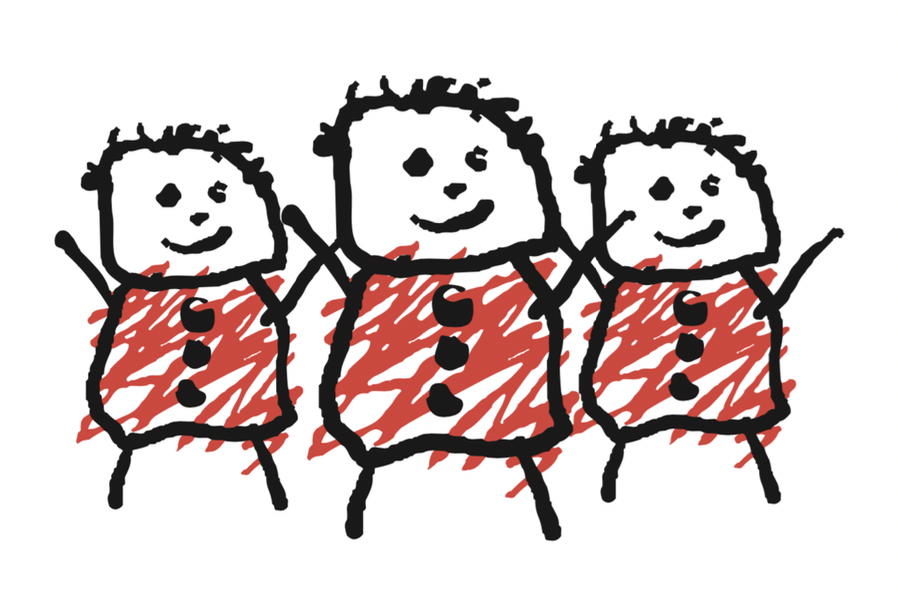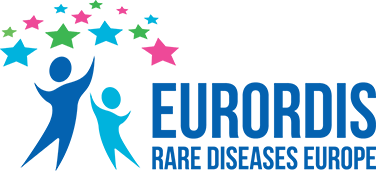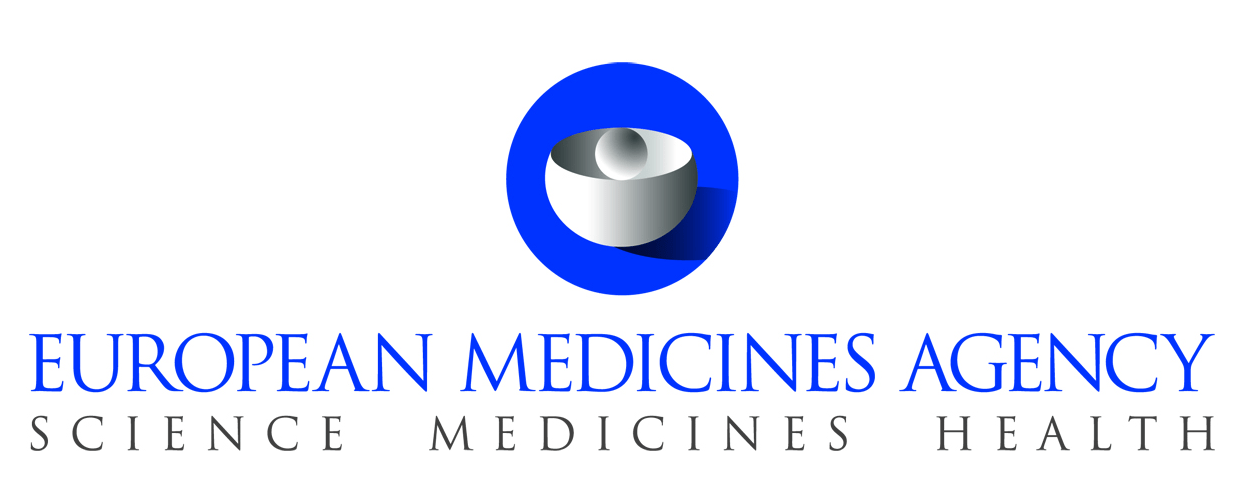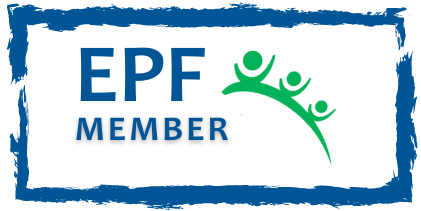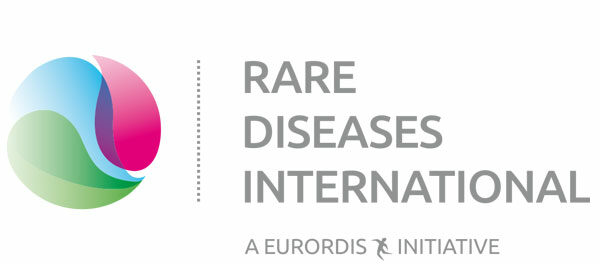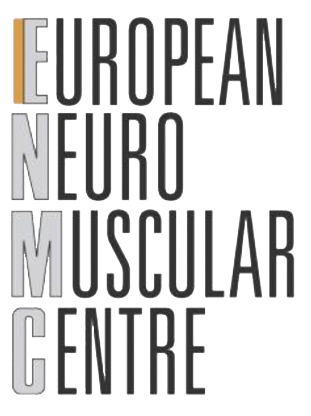WDO Webinar 3: how to prepare for potential DMD/BMD patients with COVID-19
What is the best we can do for our Duchenne and Becker patients? We all wish to provide the best care to our loved ones. This is not limited to family and carers: it also applies to clinicians, health care professionals and the hospital itself. How do we ensure DMD/BMD patients won’t get sent home from the hospital when they arrive at the emergency ward, as recently happened with a person affected with Spinal Muscular Atrophy because the hospital could not provide her normal care? In the third WDO Webinar, Prof. Dr. Jan Verschuuren, head of neurology department at the LUMC in the Netherlands, shares how they have prepared their hospital for potential DMD/BMD patients with COVID-19.
Preventive measures
Since there is no vaccine against the virus or cure against the disease, and most medicines are used to model the course of the disease, prevention is really key. Luckily, people with Duchenne are very aware when it comes to infection during this time of the year. Most families are already isolating at home and make sure they have a small group of people around them. You cannot be isolated completely due to the care you need. However, these team members need to respect social distancing and hygiene rules strictly.
In case you need to go to the hospital, you need to make sure you have clear information with you about the diagnosis, the medication you are taking and your ventilatory devices. Bring your ventilatory devices with you. You need to have the names and contacts of doctors in the field of Duchenne, because if you are admitted to the hospital you may be seen by another doctor and there will be a lot of stress.
Considerations when going to the hospital
You know your own body best! If you feel you might have a regular cold, it’s best to sit this out at home. When you are showing more serious symptoms such as fever or severe coughing or unusual shortness of breath you must contact your general practitioner. There can be an option to treat this with antibiotics at home. Antibiotics do not treat the virus, but often a virus infection causes a secondary bacterial infection. Your GP can also consider to contact your neuromuscular specialist or the first aid unit to see whether you have to visit the hospital.
The critical point here is that in severe COVID cases, people need to be in an intensive care unit, and the hospital might not have enough beds. Apart from the intensive care unit, pulmonology units and internal medicine have a lot of patients in their wards. Some other wards in the hospital are now completely changed and used as COVID (positive) wards. On the other side, other hospital units are relatively quiet. In the Netherlands, like in other countries, personnel from these departments are either at home to adhere to social distancing, prevent infection and be readily available in case of emergency or they are helping out at the ICU or other wards. Thus, the largest burden of care is concentrated in the ICU units of the hospitals, and the wards with COVID-positive patients.
What to do in case of hospital admittance
It very important to think about what you want in case of a serious virus infection, like COVID-19, because going to an ICU has severe consequences. The experience with patients without neuromuscular disease shows that many need to stay 2-3 weeks at the ICU, have complications like sepsis, heart failure, kidney injury, or secondary infections. On third of the patients did not survive their stay at the ICU. A ICU stay is further complicated by a severe loss of weight and muscle tissue. It is not unlikely that a DMD patients will become dependent on continuous invasive ventilation.
Duchenne patients need a lot of care. At home you do not have easy access to oxygen, to intravenous administration of drugs and feeding might be a problem. Ideally, the care at home can be intensified, but probably only few people are able to do this at home with extra help. The next possibility is to give this kind of care in the hospital, as it does not require a stay at the ICU unit. Thus, intensified care at the regular ward is another option to care for Duchenne patients in the hospital, when caring at home gets too complicated.
Elizabeth Vroom notes that it is not unlikely that Duchenne/Becker patients who are on ventilation now, might need extra oxygen when suffering from COVID19. Most regular ventilation masks don’t have an extra entry for administering this. An adjusted centerpiece can be ordered online so you can attach that to your own mask if your machine does not allow for connection to oxygen.
When a person with Duchenne comes to the hospital, we anticipate that he might bring his own (non)-invasive ventilation. The problem of these devices is that they spread aerosols that can potentially spread viruses. So, you are at more risk of spreading the virus with non-invasive ventilation, than with invasive tracheostoma ventilatory support, or if you are not ventilated at all. This increases the risk of infection for all persons, including carers, nurses and physicians that take care of the patient, and asks for stringent isolation protocols of the patient at the ward.
The Leiden University Medical Center hospital is developing a protocol to safely receive the patient at the emergency room, transport the patient through the hospital and admit the patient to a dedicated part of the neurology ward, that is equipped to take care of (suspected) COVID-19 patients. If a patient with suspected COVID comes in, they are taken to the COVID ward to be tested. Once they are tested positive they should stay here, otherwise they can come to the regular neurology ward. We are also thinking how we can accommodate the parents or other carers to assist with the use of the non-invasive ventilatory devices, since not all nurses and doctors have experience with these devices. Everyone is extremely busy, and help is welcome. The care for COVID-19 positive patients is complicated because everyone has to wear protective clothing, masks and glasses and adhere to strict protocols to avoid spreading the infection within the hospital. These are time consuming actions and ask for a larger number of nurses than usual.
Create awareness in hospitals on potential COVID-19 Duchenne patients
We also wrote a letter to the occupational physicians. We made the statement that if you’re working in healthcare and have a boy with Duchenne, you should be allowed to stay at home and care for the boy to minimize the risk of infecting your own child. We can imagine that this also applies to carers that do not work in a healthcare facility, although the chance of being infected is probably lower than for those that work in a hospital and come in direct contact with patients.
A crucial step to create these possibilities in our hospital was to have timely discussions with our doctors on the intensive care and infectious department. By doing so, we already created awareness that this group of neuromuscular patients might come to the hospital and can anticipate on the rules on how to engage them. We worked in close contact with the patient organizations as well. This contact was very valuable in working together as organizations and hospitals.
To-do’s
- Maximize your efforts to try and prevent infection
- Get your clinician’s information so you can contact them in case of an emergency
- When admitted to the hospital, immediately state your diagnosis and that you need special attention
- Make sure you have protective gear such as masks for your carers
- Contact your hospital and ask if they are prepared for a possible COVID-19 DMD case
This is the report of one webinar from the webinar series the World Duchenne Organization is hosting regarding the current COVID-19 pandemic. Please consult your clinician if you have specific questions on medicines regimen. This information meant as general recommendations and does not replace personal medical advice.
